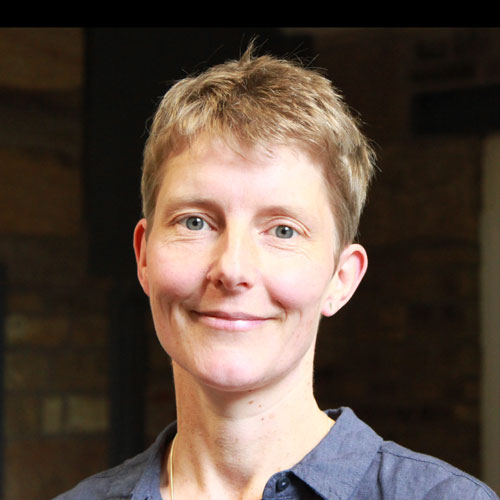
Dr Rachel Terry
HudCRES
Since March 2021, I have been part of an ETF-funded project with Professor Kevin Orr to investigate T Levels from the perspective of those who are teaching them. As the final report comes together, presenting 4 strands of T Level-related research, it seems a good moment to reflect on what I’ve learnt from talking to T Level teachers, and how this connects with the wider role of research in FE. I won’t attempt to summarise the research here, though some of our early findings are communicated in this Policy briefing: T Levels: the future of technical education?
It's good to talk
It was initially hard to find teachers to participate in the project - we were drawing from a very small pool of potential participants: only around 1300 students started the qualifications in September 2020. All of those we spoke to were teaching in either General FE colleges or sixth-form colleges, again reflecting the tiny number of students taking T Levels in schools. But what was clear from the moment each participant appeared on screen for an online interview was that these teachers wanted to talk. In the time-poor environment of a busy college it can be a struggle to carve out space for extended conversation, but a research interview offers just that, a chance to think for a moment about what you do and why you do it in one way rather than another; also a chance to have your voice heard, which is particularly important when you are at the forefront of implementing a new qualification.
Given the rapid rate at which qualifications come and go in vocational education it was striking how much enthusiasm there was for T Levels amongst the teachers we spoke to.
Admittedly, we were often talking to those who had been selected to lead on T Levels in their organisation, but the general view was that T Levels were demanding but ‘in a good way’, with a level of vocational relevance and practical experience that distinguished them from existing qualifications.
Teachers’ concerns were for the ways in which students’ opportunities might be constrained by the qualifications - if employers were not sufficiently aware of them, or if a university did not accept them. It was clear that the currency of the qualifications remained uncertain. There was also concern for students who would be excluded if T Levels became the only ‘technical’ choice post-16 alongside apprenticeships and A Levels, as government policy intended.
Teachers (and teaching) have been marginalised in policy relating to T Levels, with the Sainsbury Review casting teachers as part of the necessary ‘infrastructure’ for T Levels, while employers are placed firmly centre stage. But the proximity of teachers to students makes their perceptions significant when gauging the likely success of the qualifications. Teachers are often reminded to ‘put the learner first’, but conversations with teachers indicate that students are their primary concern. Policy makers need to exercise similar care with these young people’s lives.
The role of research
Teachers’ care and concern points to one of the roles that research can play in FE. So often we get caught up in debate about how much research is going on in the sector and who should be doing it. These are important questions but can distract attention from what the research tells us.
‘Good’ research (I use ‘good’ to point to research that is carried out ethically and with rigour) is able to capture what is significant in teachers’ everyday work and to connect this with what is known already. This is a resource which expands our understanding of what we do, while remaining rooted in experience, and helps us to support students better.
Using research as a way of addressing the issues posed by practice is a theme that unites many of the presentations coming up at the Learning and Skills Research Network (LSRN) National Conference on 22 April in Birmingham.
This will be the first in-person LSRN conference in over 3 years (read this blog post about it by Jo Fletcher-Saxon ) and the fact that it is oversubscribed suggests that the appetite for sharing research and meeting others engaged in it is stronger than ever. Participants come from all areas of further and post-compulsory education, as well as related organisations and HE. Topics range from GCSE maths resits to empathy in agricultural education.
The conference, like the LSRN itself, provides the rudiments of a structure which enables connections to be made through multiple ways of speaking and listening. Although the voices heard on the day are limited to those of the participants, either physically present or commenting online, those represented through the reach of the research extend far beyond the conference venue. In this way teachers, students, and others involved in FE are connected and ultimately enriched in ways that may not always be anticipated but should not be underestimated.

